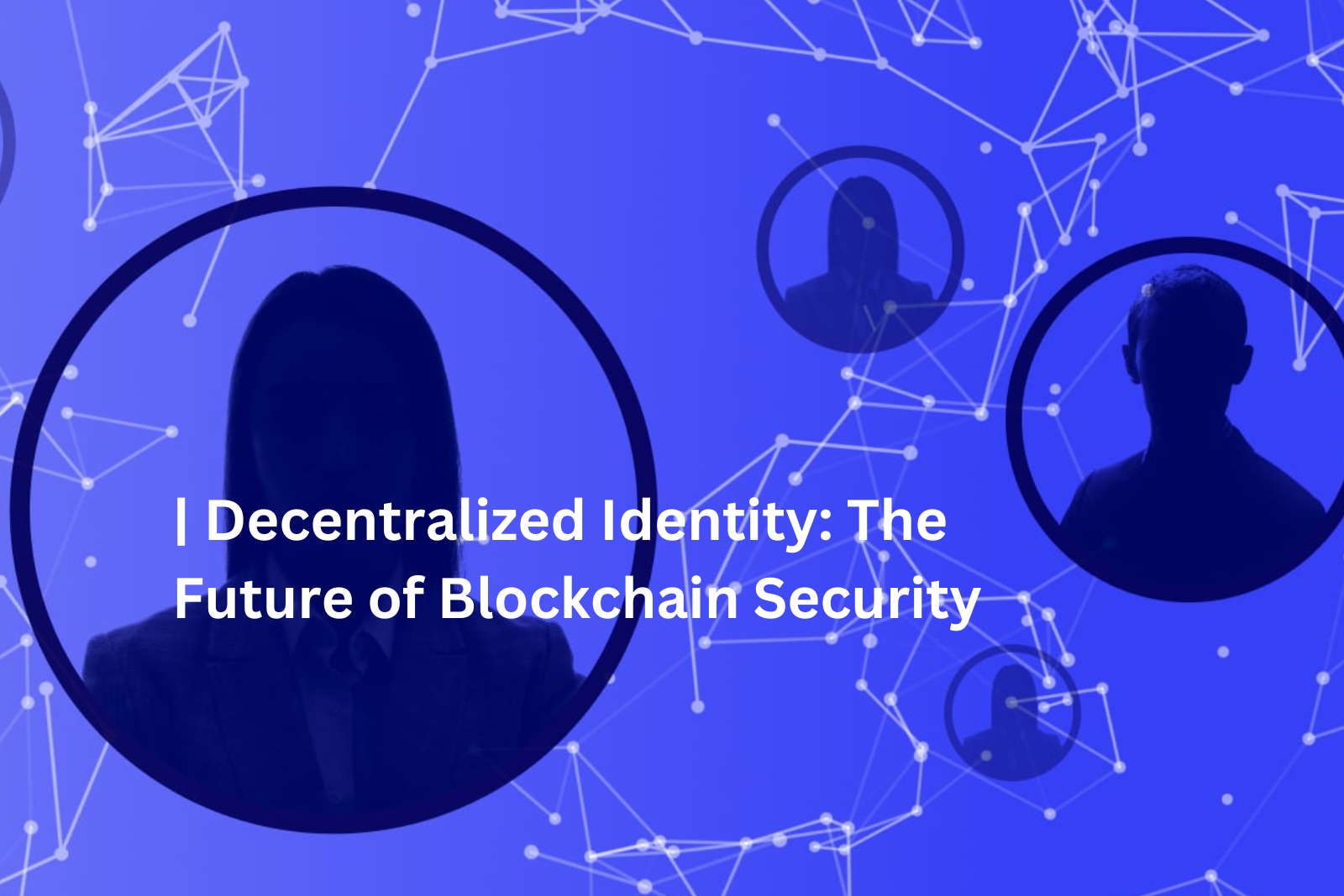
In an era where digital transformation is reshaping industries, the need for secure, private, and user-centric identity management has never been more critical. Traditional identity systems, often centralized and prone to data breaches, are increasingly being challenged by a revolutionary concept: Decentralized Identity (DID). Powered by blockchain technology.
What is Decentralized Identity?
A decentralized identity is a concept where individuals own and control their personal information without relying on centralized authorities, such as governments or corporations. Instead of storing data in centralized databases that are prone to hacking, a decentralized identity uses blockchain to securely store and manage identity information. Through the use of cryptographic techniques, users can prove their identity without revealing sensitive data, ensuring privacy and security.
Blockchain technology plays a vital role in this system by providing an immutable and transparent ledger that records identity-related transactions. This ensures that the identity information cannot be altered or tampered with, providing both security and trust in the system.
The Role of Blockchain in Decentralized Identity
Blockchain technology is the backbone of decentralized identity systems. Its inherent features—decentralization, immutability, and cryptographic security—make it an ideal solution for identity management. Here’s how blockchain enhances DID:
- Decentralization: By eliminating the need for a central authority, blockchain ensures that no single entity has control over user identities. This reduces the risk of data breaches and misuse.
- Immutability: Once identity data is recorded on the blockchain, it cannot be altered or tampered with. This ensures the integrity and authenticity of user identities.
- Cryptographic Security: Blockchain uses advanced cryptographic techniques to secure identity data. Users have private keys that grant them exclusive access to their identities, ensuring that only they can control and share their information.
- Interoperability: Blockchain-based DID systems can be designed to work across different platforms and services, enabling seamless identity verification across industries.
Benefits of Decentralized Identity
The adoption of decentralized identity offers numerous benefits for individuals, businesses, and governments:
- Enhanced Privacy: Users have full control over their data and can choose what information to share, with whom, and for how long. This minimizes the risk of data misuse and unauthorized access.
- Reduced Fraud: With tamper-proof identity records stored on the blockchain, the risk of identity theft and fraud is significantly reduced.
- Improved User Experience: Decentralized identity eliminates the need for repetitive identity verification processes, enabling faster and more efficient access to services.
- Cost Savings: Businesses can reduce the costs associated with managing and securing centralized identity databases.
- Regulatory Compliance: DID systems can be designed to comply with data protection regulations like GDPR, ensuring that organizations meet their legal obligations.
Real-World Applications
Decentralized identity has the potential to transform various industries, including:
- Finance: Banks and financial institutions can use DID to streamline customer onboarding, enhance KYC (Know Your Customer) processes, and prevent fraud.
- Healthcare: Patients can securely share their medical records with healthcare providers, ensuring privacy and improving the quality of care.
- Education: Students and professionals can maintain verifiable digital credentials, making it easier to share qualifications with employers and institutions.
- Government: Governments can issue digital IDs to citizens, enabling secure access to public services and reducing bureaucratic inefficiencies.
- E-commerce: Online platforms can use DID to verify user identities, reducing the risk of fake accounts and fraudulent transactions.
Challenges and the Road Ahead
While decentralized identity holds immense promise, it is not without challenges. Key hurdles include:
- Adoption: Widespread adoption of DID requires collaboration between governments, businesses, and technology providers.
- Scalability: Blockchain networks must scale to support millions of users without compromising performance.
- User Education: Users need to understand the importance of managing their private keys and securing their digital identities.
- Interoperability Standards: The development of universal standards is essential to ensure that DID systems work seamlessly across different platforms.
Despite these challenges, the momentum behind decentralized identity is growing. Major tech companies, blockchain startups, and industry consortia are actively working on DID solutions, signaling a shift toward a more secure and user-centric digital future.
The Future of Decentralized Identity
The future of decentralized identity is bright, with blockchain technology paving the way for more secure, private, and efficient digital identity solutions. As concerns over privacy, data breaches, and centralized control grow, decentralized identity could play a key role in reshaping how individuals and organizations manage digital identities.
With blockchain’s transparency, security, and immutability, decentralized identity systems offer a new paradigm for managing personal data in a trusted, private, and user-controlled manner. As adoption increases and technology advances, decentralized identity may soon become the standard for online authentication, ushering in a new era of digital security and privacy.










